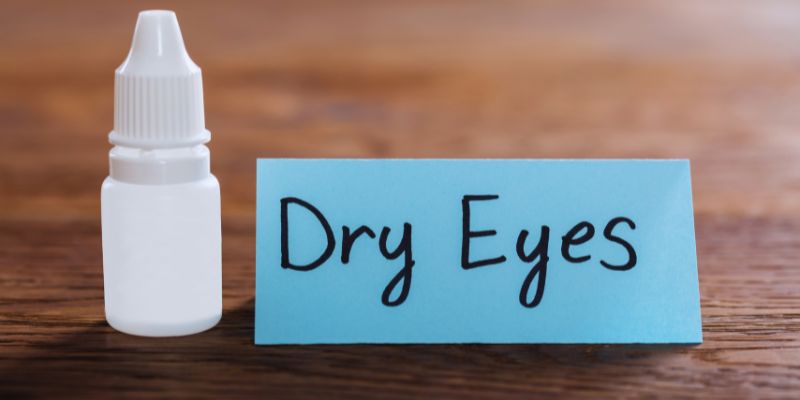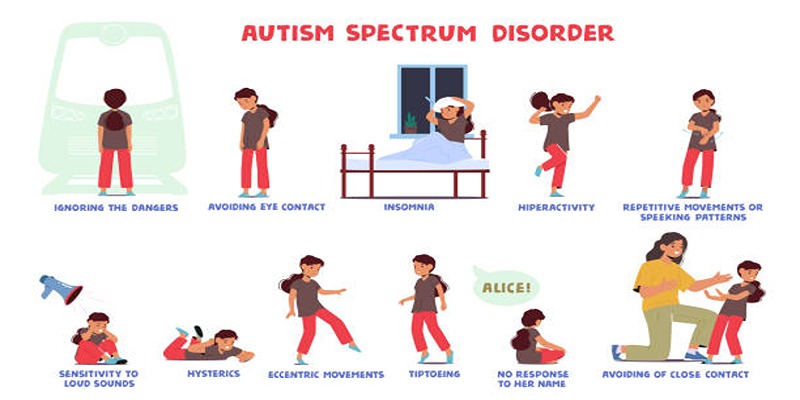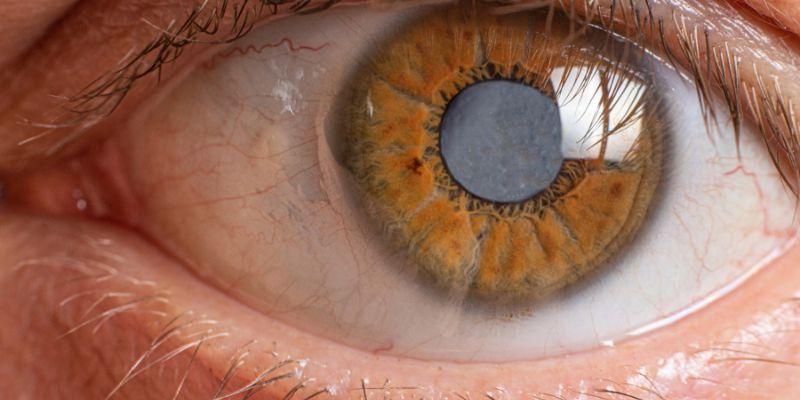Empowering Lives: A Resourceful Guide to ADHD and Its Terminology
Attention-deficit/hyperactivity disorder (ADHD) is a condition that affects millions of individuals globally, impacting both children and adults. The journey of understanding and managing ADHD can be complex, and having access to the right resources and terminology is essential for navigating this landscape.
Whether youve just been diagnosed or have been managing ADHD for years, this guide provides an updated view of ADHD in 2024, along with an essential glossary of terms youll likely encounter along the way.
What is ADHD?
ADHD is a neurodevelopmental disorder that affects an individuals ability to focus, control impulses, and regulate activity levels. These challenges can lead to difficulties in school, work, and personal relationships. ADHD is typically divided into three subtypes: predominantly inattentive, predominantly hyperactive-impulsive, and combined type. The condition manifests differently across individuals, and understanding its various aspects can aid in more effective management and support.
ADHD Resources: Navigating Support Systems
One of the key elements of managing ADHD is knowing where to seek support. In 2024, there are numerous resources available to help individuals with ADHD and their families. From medical treatment options to educational support, the landscape has expanded significantly.
Medical and Therapeutic Resources
In 2024, individuals managing ADHD can access various medical and therapeutic options. Stimulant medications, like methylphenidate and amphetamines, continue to be the most prevalent treatment, enhancing dopamine and norepinephrine levels to improve focus and control impulsivity. Non-stimulant alternatives, such as atomoxetine and guanfacine, cater to those who do not respond well to stimulants.

Additionally, behavioral therapies, particularly cognitive-behavioral therapy (CBT), and ADHD coaching provide essential support by helping individuals develop coping strategies and organizational skills.
Educational and Workplace Accommodations
ADHD presents unique challenges in educational and workplace environments, prompting the need for tailored accommodations. Schools often implement Individualized Education Programs (IEPs) or 504 Plans to provide necessary support for students with ADHD, such as extended test times or quiet spaces.
Employers are increasingly recognizing the need for adaptive measures in the workplace, such as flexible deadlines and organized workspaces. ADHD coaching and occupational therapy also play crucial roles in helping adults navigate their professional responsibilities effectively.
Online and Community Support
Online communities and organizations serve as vital support systems for individuals with ADHD. Platforms like CHADD (Children and Adults with Attention-Deficit/Hyperactivity Disorder) and CADDAC (Centre for ADHD Awareness, Canada) offer webinars, educational materials, and support groups, fostering a sense of community among those affected.
These resources not only provide practical advice and strategies for managing ADHD but also create spaces for individuals to share experiences and build connections, which can be crucial for emotional support.
Essential ADHD Terminology
Understanding the language of ADHD can be daunting, but familiarizing yourself with these terms is essential for effective communication with healthcare professionals and in accessing resources. Here are some key terms commonly encountered in the ADHD landscape:
Executive Function
Executive function refers to cognitive processes like planning, problem-solving, and time management. Individuals with ADHD often experience difficulties in these areas, leading to challenges in school, work, and everyday tasks.
Inattention and Hyperactivity
These are the hallmark symptoms of ADHD. Inattention involves difficulty focusing, forgetfulness, and being easily distracted. Hyperactivity is characterized by excessive fidgeting, restlessness, and difficulty staying still. Impulsivity, another core symptom, refers to making hasty decisions without thinking through the consequences.
Co-occurring Conditions
Many individuals with ADHD also experience co-occurring conditions such as anxiety, depression, or learning disabilities. Managing ADHD often requires addressing these additional conditions through comprehensive care.
ADHD Coaching
Coaching has gained popularity as a way to help individuals with ADHD develop strategies for managing time, tasks, and goals. Coaches work one-on-one with clients, providing personalized support and accountability.
Neurotypical vs. Neurodivergent
"Neurotypical" refers to individuals whose cognitive functioning aligns with societal expectations. At the same time "neurodivergent" includes individuals with ADHD and other conditions like autism, emphasizing that these differences are variations rather than disorders to be "fixed."
Cognitive Behavioral Therapy (CBT)

CBT is a therapeutic approach aimed at changing negative thought patterns that exacerbate ADHD symptoms. Its effective in helping individuals reframe their thinking and develop healthier behaviors.
Individualized Education Program (IEP)
An IEP is a tailored educational plan designed to meet the unique needs of a student with ADHD, ensuring they receive appropriate accommodations in school.
Hyperfocus
This is a lesser-known symptom of ADHD, where an individual becomes so intensely focused on a task that they lose track of time or ignore other priorities. While it might seem like a strength, hyperfocus can lead to imbalances in managing responsibilities.
Dysregulation
This term refers to the difficulty many individuals with ADHD have in regulating their emotions, attention, or behavior. Dysregulation can make it hard to maintain a consistent level of activity or emotional response.
Evolving Understanding of ADHD
The understanding of ADHD is constantly evolving. In recent years, terms like "Sluggish Cognitive Temp" (SCT) have emerged to describe a subtype of ADHD characterized by daydreaming and mental fogginess. Additionally, the concept of "neurodiversity" advocates viewing ADHD as a natural variation in human cognition rather than a disorder.
The Diagnostic and Statistical Manual of Mental Disorders (DSM-5) provides the criteria for diagnosing ADHD, but researchers continue to explore new ways of understanding the condition. Terms like "executive function disorder" are becoming more common, reflecting the broader challenges individuals with ADHD face in managing their day-to-day lives.
Conclusion
Managing ADHD requires a comprehensive approach that includes understanding the condition's terminology, accessing the right resources, and finding support through medication, therapy, or coaching. In 2024, a wealth of resourcesfrom ADHD coaches to online communitieswill be available to help individuals navigate the complexities of the disorder.
As research advances and our understanding deepens, the vocabulary and strategies for managing ADHD will continue to evolve, offering new hope and tools for individuals and families affected by ADHD.












